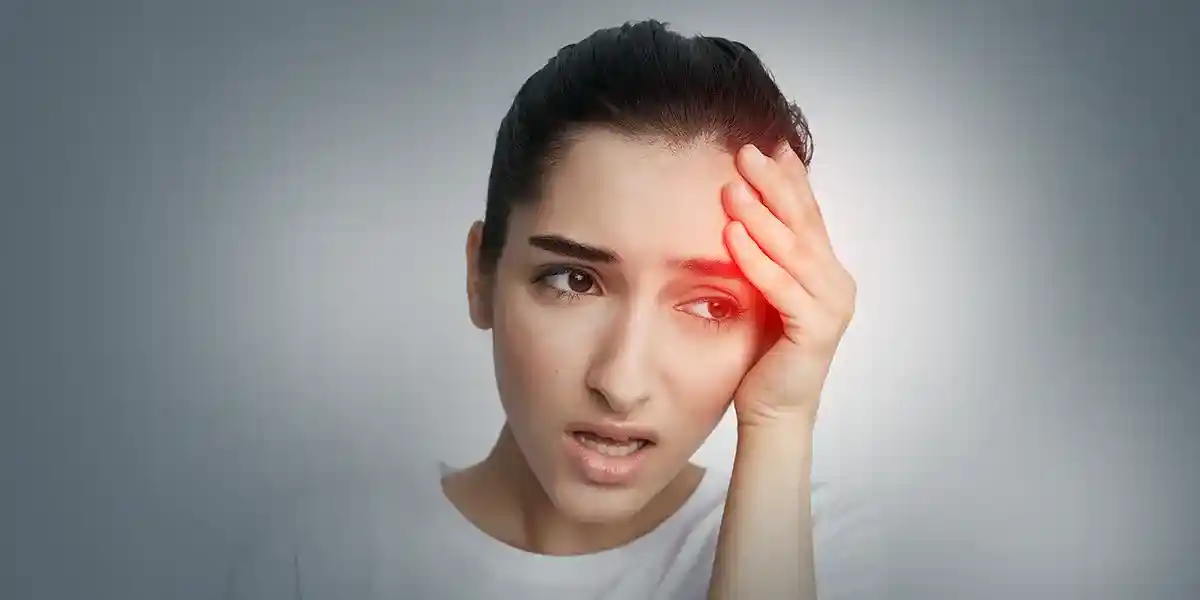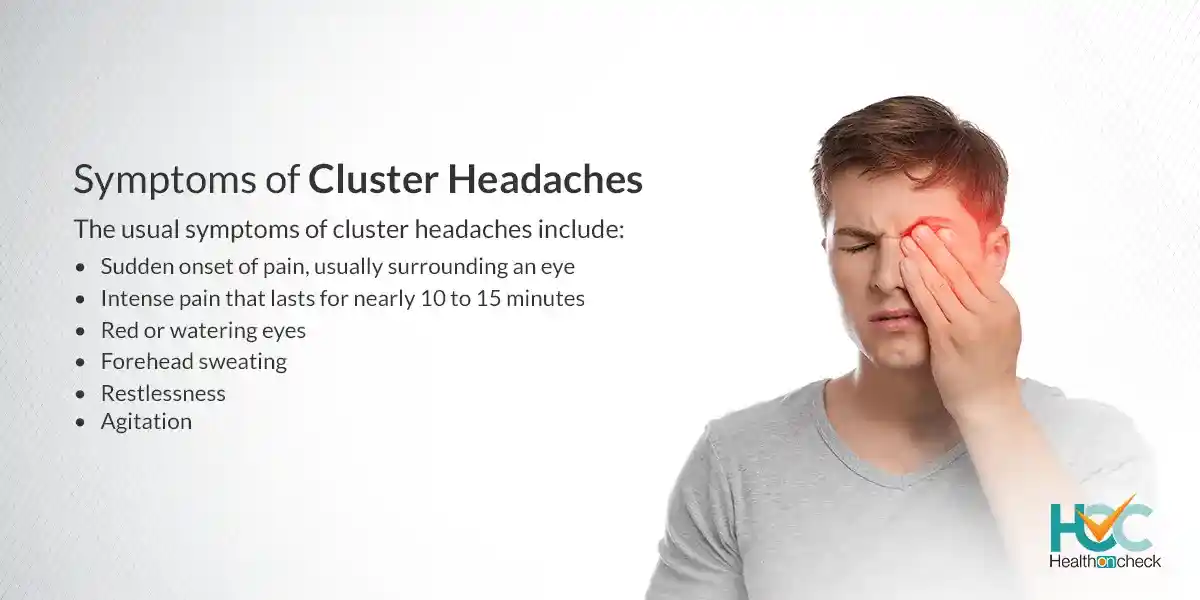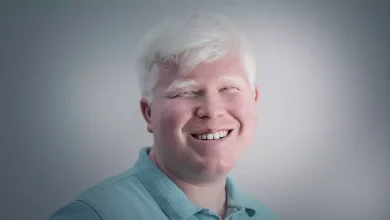All about Cluster Headaches

What are Cluster Headaches?
Cluster headache is a rare type of headache that is very painful and it generally happens in periods of frequent attacks called clusters. These headaches can be so intense that people can wake up from sleep. These headaches lead to severe pain in or surrounding one eye on one side of the head. Cluster periods may last from some weeks to even months. After that, the headaches usually stop for a period, which might last for months or years. Treatments can help to shorten the periods of cluster headache attacks and reduce the pain. Also, medicines can lessen the amount of cluster headaches.
What are the Types of Cluster Headaches?
The types of cluster headaches include:
Episodic cluster headache: The bouts because of this type of cluster headache can last from a week to one year segregate by pain-free periods which lasts for at least 2 to 3 months. Most cluster periods generally last between 2 weeks to 3 months.
Chronic cluster headache: It causes constant attacks for above a year without remission, or remission lasting less than three months. Nearly 2 in 10 people with cluster headaches suffer from chronic cluster headaches.
What are the Symptoms of Cluster Headaches?

The usual symptoms of cluster headaches include:
- Sudden onset of pain, usually surrounding an eye
- Intense pain that lasts for nearly 10 to 15 minutes
- Restlessness
- Agitation
- Red or watering eyes
- Nasal congestion
- Forehead sweating
- Slight discomfort or a burning feeling on one side of your head
- Drooping or swelling eyelid
Cluster headaches might also lead to:
Congestion: The runny or stuffy nose is only on the side of the headache
Eye problems: You may feel; a drooping eyelid, pain in your eyes, or a watering eye. Your pupil might become smaller. These symptoms occur on the side of the head that is painful.
Face changes: You might start sweating and your face might become flushed on the side of the headache.
What are the Causes of Cluster Headaches?
The causes of cluster headaches are not known but the patterns of headaches suggest a connection between the part of the brain that aids in running the body’s biological clock, called the hypothalamus.
Trigger points of cluster headache:
There are various trigger points of cluster headache triggers and the most common is consuming alcohol. Other trigger points can be weather changes and certain medicines.
What are the Risk Factors of Cluster Headaches?

The risk factors of cluster headaches include:
Sex: Men are more likely to develop cluster headaches as compared to women.
Age: Usually, people with cluster headaches are between the ages of 20 and 50. But people of any age can develop it.
Smoking: Smoking also increases the risk of developing cluster headaches but quitting smoking generally doesn’t stop the headaches.
Alcohol use: Consuming alcohol during a cluster period may raise the risk of an attack.
Family history: Having a family history of cluster headaches might also increase the risk.
What are the Complications of Cluster Headaches?
Generally, cluster headaches are not life-threatening and do not lead to permanent damage to any part of your brain but they can be chronic, recurrent, and can disrupt your daily life and work.
How Cluster Headaches are Diagnosed?
There is a certain type of pain and pattern of attacks with cluster headaches. A diagnosis is based on describing the pain, the area of pain, how worse it is, how much they come and go, and other symptoms.
A specialist trained in treating headaches (neurologist) makes a diagnosis of cluster headaches based on your symptoms, medical history, and a physical and neurological examination.
Some tests to rule out other causes for the pain may include:
An MRI scan: A powerful magnetic field and radio waves are used during magnetic resonance imaging (MRI) which produces detailed pictures of the brain and blood vessels. MRI scans help diagnose tumours, strokes, bleeding in the brain, infections, and other brain and nervous system disorders. Conditions affecting the brain and nervous system are also called neurological conditions.
A CT scan: A series of X-rays are used in computerized tomography (CT) scans that create detailed cross-sectional images of the brain which helps to diagnose tumours, infections, damage and bleeding in the brain, and other possible medical complications that might be causing headaches.
What are the Treatment Options Available for Cluster Headaches?
There is no cure for cluster headaches but some treatment options are available to make them a little less painful. Treatment options generally include:
Abortive treatment to prevent attacks: There are various effective procedures available to prevent a cluster headache. You might be given injected medications or a nasal spray including sumatriptan, dihydroergotamine, and zolmitriptan by your doctor along with oxygen through a mask.
Medications to improve quality of life: Your doctor might prescribe you medicines to lessen a headache cycle which can also make the headaches less intense. Calcium channel blockers, verapamil, lithium carbonate, melatonin, divalproex sodium, or topiramate can be helpful. A new preventive therapy known as a calcitonin gene-related peptide (CGRP) monoclonal antibody can also help.
Other options when required: Surgeries are tried to cure cluster headaches but not much success was found to prevent them. Doctors are now trying newer therapies to check if they are successful. Using mild electrical stimulation on the neck is an option and creating electrical stimulation by attaching a medical device through the upper gums is also an option used to manage the symptoms of cluster headaches.
Some alternative therapies might provide relief from cluster headaches, including:
Acupuncture: It’s an ancient Chinese treatment, where small needles are inserted into your skin at several points to relieve pain.
Physiotherapy: Here the treatment is focused on stretching, moving joints, and massaging.
Spinal manipulation: Here the alignment of your spine is adjusted through chiropractic adjustment procedures.
Living with Cluster Headaches
Everyone develops headaches from time to time, for several reasons but cluster headaches are not ordinary headaches. If you experience intense headaches in a set pattern, you should talk with your doctor because it might be cluster headaches for which you need to get treatment for this painful condition.
Whom to Consult?
If you experience symptoms of cluster headaches, visit a neurologist or headache specialist to confirm the diagnosis and to rule out other causes of the headache. After confirming your diagnosis, your doctor will start treatment accordingly.




